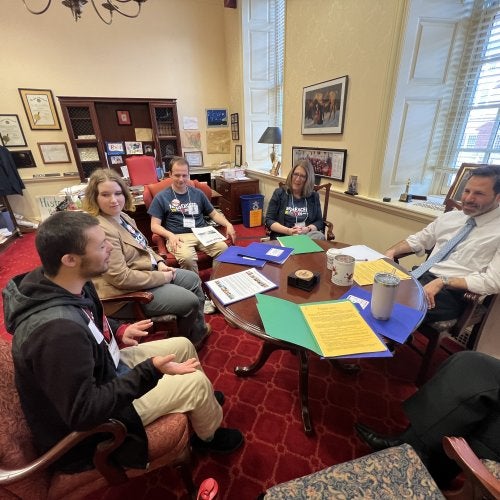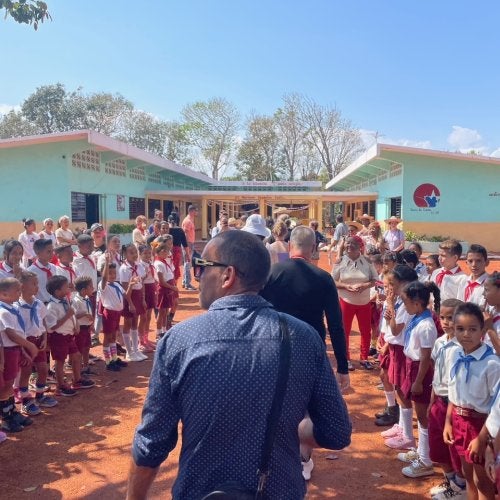

UMD Study Examines Reciprocal Relationship of Grit and Engagement with Literacy Achievement among Dual Language Learners

April 25, 2018
Media Contact: Audrey Hill, audreyh@umd.edu or 301-405-3468
College Park, MD--A new University of Maryland study investigated how socioemotional factors like grit and emotional engagement predict literacy achievement of dual language learners in elementary school. Led by UMD College of Education Assistant Professor Colleen R. O’Neal, the research team found that socioemotional factors influenced achievement on a literacy task completed by the majority-Latino sample student population. At the same time, results indicate that achievement influences socioemotional factors in a reciprocal relationship.
The preponderance of research on socioemotional factors and achievement has been conducted on those who speak the majority language, with minimal research on grit, or one’s willingness to persevere toward and focus on long-term goals, amongst diverse student populations. With 4.6 million K-12 students who are dual language learners in the United States, or nine percent of the national student population, according to a 2015 National Center for Statistics report, the relationships among grit, engagement, and achievement for this population hold important implications for educators.
“Twenty-five percent of Latino/a students who do not read at a proficient level in third grade do not graduate high school,” said Dr. O’Neal. “As children advance in school, the ability to read fluently increases in importance, which is why understanding the role of socioemotional factors and their relationship to literacy achievement is critical for the education field.”
Although previous research has identified socioemotional factors as affecting achievement, this study waded into new territory by examining whether achievement affects grit and engagement or if there is a reciprocal relationship between socioemotional factors and achievement.
“In past research, the notion of grit affecting achievement was assumed, rather than considering the reverse possibility that achievement could impact grit,” Dr. O’Neal said. “The possibility of achievement influencing an individual’s grit may be especially relevant to dual language learners, given the often frustrating process of literacy achievement and its potential impact on how students feel.”
The research team found that for older students in the sample, grit had a significant effect on later literacy achievement and that this effect was mediated by engagement (e.g. grit in older students affected engagement, which in turn affected achievement).
The short-term longitudinal study, published in Social Development, included teachers’ reports of students’ emotional engagement and grit questionnaires, as well as data collected from student achievement on a literacy task.
The study’s 142 participants were 3rd-5th grade students from a suburban elementary school that served low-income students, with 95 percent of students receiving free or reduced price meals. All of the study participants were dual language learners, who spoke a language other than English with at least one parent, and the majority were Latino/a.
In addition to Dr. O’Neal, the research team also included Antoinette Goldthrite, Lynsey Weston Riley, and Ranga K. Atapattu, all from the University of Maryland.
Dr. O’Neal’s research focuses on emotions, stress, and resilience among U.S. ethnic minority and immigrant students, as well as prevention research among international refugee students.



